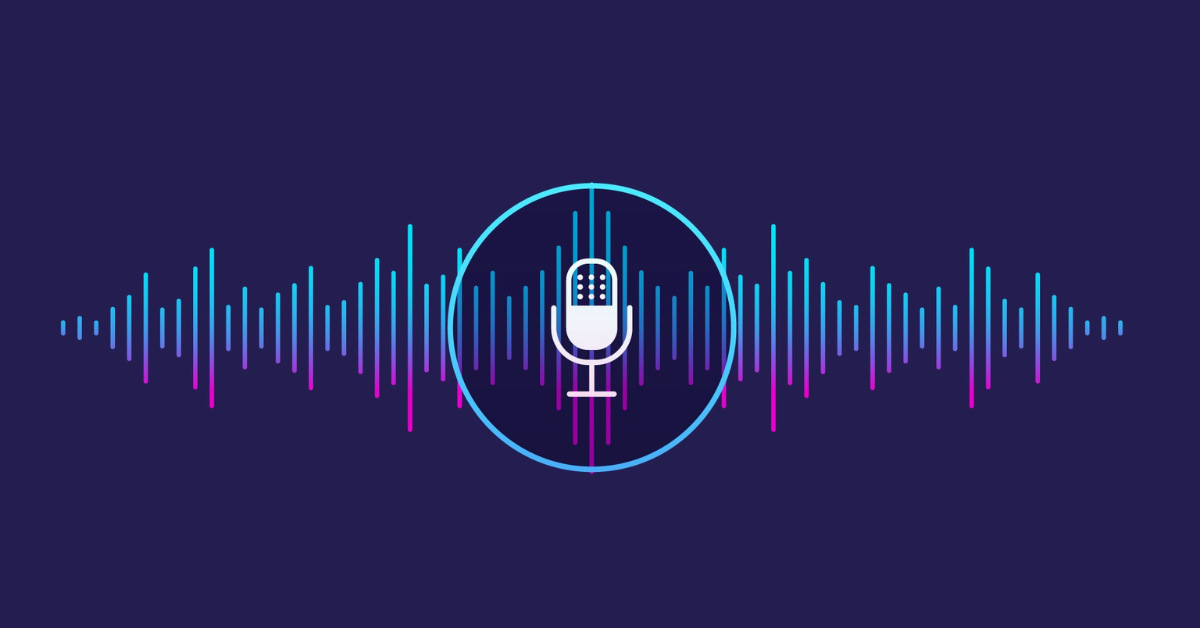Smartphones have become an extension of ourselves, nestled in pockets and purses, perpetually at our fingertips. But the way we interact with these miniature marvels is evolving, driven by a silent revolution – the rise of voice assistants. Gone are the days of endless tapping and swiping; Americans are embracing a hands-free future led by disembodied voices that listen, understand, and act upon our every whim.
These digital companions, unnamed as we delve into their capabilities, exist within our smartphones, ready to spring into action at the utterance of a wake word. Whether it’s “Hey Siri” these assistants seamlessly integrate into our lives, blurring the line between human and machine interaction. They’re the ever-present concierges, the tireless information librarians, the ultimate multitaskers who can juggle calls, texts, and music playback while we navigate, set alarms, or simply ponder the meaning of life – all hands-free.
This voice-powered revolution doesn’t merely benefit the physically dexterous; it’s a beacon of inclusivity for those challenged by traditional touch interfaces. Visually impaired or physically disabled individuals find newfound independence through voice commands, unlocking the full potential of their smartphones without relying on sight or manual agility.
Information retrieval, once a laborious exercise of keyword searches and endless scrolling, has been reinvented by voice. Gone are the days of meticulously typing queries; a simple spoken question instantly throws open the gates of knowledge, delivering answers in a conversational, human-like manner. No typos, no frustration, just the information we crave, readily available at the sound of our voice.
But these assistants are more than just glorified search engines. They’re evolving into personal digital butlers, capable of managing our schedules, reminding us of appointments, and even learning our preferences to offer proactive recommendations. Imagine a future where your assistant pre-orders your favorite coffee on your way to work, adjusts your thermostat before you arrive home, or even suggests that perfect movie based on your current mood.
The impact of voice assistants extends beyond individual user interaction, reshaping the way we use our smartphones to navigate the world around us. Screen time might finally take a well-deserved dip as voice commands replace the endless tapping and scrolling. Imagine checking directions, sending messages, or making calls while riding your bike or jogging in the park, all without having to clutch your phone like a lifeline.
E-commerce, that titan of the digital age, is also feeling the tremors of the voice revolution. The convenience of ordering groceries or booking a cab with a simple voice command is undeniable, paving the way for a future where physical stores and click-through purchases become relics of the past.
And what about our homes? The lines between phones and smart home technology are blurring as voice assistants become the central hubs for controlling lights, thermostats, and even appliances. Imagine dimming the lights for a movie night or adjusting the temperature with a simple spoken command – the comfort and efficiency of a voice-controlled smart home is just a whisper away.
Of course, this hand-in-hand relationship with technology raises crucial questions. Privacy concerns loom large as voice data gets collected and analyzed, potentially revealing intimate details of our lives and conversations. We must remain vigilant, demanding transparency and control over how our voice data is used.
Bias and discrimination, unfortunately, are not strangers to the digital realm, and it’s vital to ensure that voice assistants operate with fairness and inclusivity. Stereotypes and prejudices embedded in their algorithms can have real-world consequences, and we must hold these powerful tools accountable for upholding ethical standards.
As we surrender more control to these intelligent assistants, the question of human reliance and potential overdependence arises. While they offer undeniable convenience and efficiency, we must ensure that technology serves humanity, not the other way around. Striking a balance between human agency and voice-powered automation is crucial as we navigate this uncharted territory.
The future of smartphone use in America is undeniably intertwined with the evolution of voice assistants. These intelligent companions are no longer mere novelties; they’re becoming indispensable tools, redefining how we interact with information, manage our lives, and connect with the world around us. The path ahead is paved with opportunities and challenges, demanding constant vigilance and ethical considerations. But one thing is certain: the voice revolution is here, and it’s transforming our smartphones, and perhaps ourselves, one spoken command at a time.
